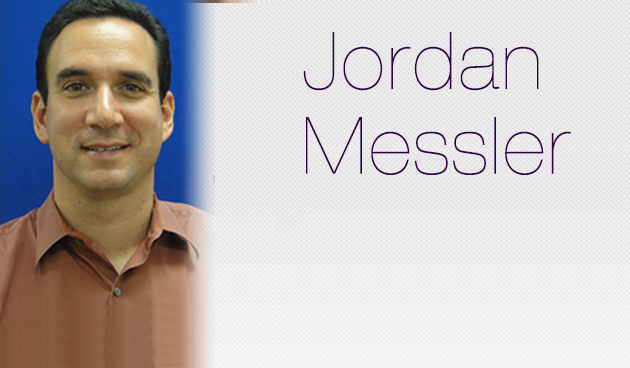One of my favorite residency attendings recently passed away. A life cut too short. Dr. Leeper, an Emory pulmonologist, was a prime example of the academic triumvirate: an incredible researcher, clinician and educator.
Although I spent only a few weeks with him as an intern, I frequently find myself sharing and using his words of wisdom.
As the intern, resident and students were scrambling around all day gathering bits of data, doing procedures, adjusting dials, or questioning what was happening, in would walk the Dr. Leeper, the attending who had all the answers. He acted with grace and equanimity. His actions and mantras held us accountable while letting us see the bar we could achieve.
In those first days with him, while presenting a case, I would stumble with some lab tests, or relate that the outside records weren’t available, or discuss some imaging that was missing or delayed. He found out that I was staying back in code situations, watching the action, and encouraged me to be part of the team. He would never berate me or anyone, he simply made it clear that there was no room for excuses, for not holding yourself to the highest professional standards.
“Messler, I know that the ICU rotation is difficult, but let me share with you a secret about medicine. You need to know these ten two letter words… If it is to be, it is up to me.”
These words were to remind us that there were no shortcuts.
This was the ICU. Lives were at stake. No excuses.
Just the ten 2-letter words to live by.
Once, just before rounds, one of our patients collapsed in the bed and became pulseless. The pulmonary fellow marched in to take command of the code. The rest of the critical care team scrambled into the room. Someone began furiously hooking up the paddles, the senior resident rooted around to start a central line, and I made my way to the head of the bed this time. It was up to me. I helped out with chest compressions and ran the ACLS protocol with the fellow. The room quickly descended into a chaotic mass of barking orders, flying syringes, and paper rhythm strips.
As things were spiraling out of control, in walked Dr. Leeper. He calmly assessed the situation, heard from the nurse what was happening, and remained off to the side, to let his team run the show. I looked over at him, waiting to hear the comment that would turn this around. The answer.
And then I saw a few beads dripping down his brow, sweat that belied the calm. He looked at the situation, and decided here was one without answers.
Maybe not everything is up to me, that sweat said. Not everything is in one’s control, and some things just aren’t meant to be.
The patient didn’t survive that code.
The stoic ICU attending, who knows all, doing major national research, winning teaching awards (he won many golden apples), was not at complete ease in the most critical of moments. And that was ok.
If it is to be, it is up to me.
But sometimes it’s not to be.
There will be too many students, residents and fellows that won’t be able to learn from his wisdom and his equanimity. He probably wouldn’t have remembered me from my brief stint in the ICU, but I’ve remembered his lessons, and carry them with me to this day. I walk proudly, I hold myself accountable, and I enter the room with calm, and sometimes a little sweat.
You’ll be missed Dr Leeper.
For donations to honor Dr. Leeper see Emory Division of Pulmonology at 404-712-2970.



One has many mentors in their live. From some we learn what to do and from others what not to do. It is up to us to differentiate between the two.
Thanks for this, Jordan. I forgot he said that. Before I came back to you guys at MP (the second time around) I had a unit month with Dr. Leeper at Crawford. He was very gracious with the fellow who had just decided to abandon the department. I told him I had discovered a greater passion and he told me to go for it. No questions asked. He was special.